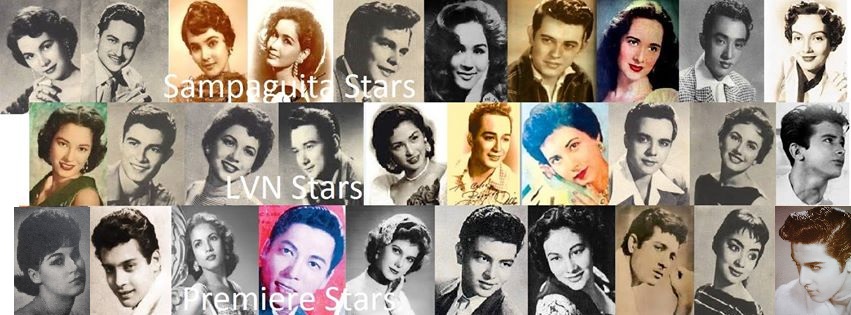AGUIRRE, ROSA b. Laguna 25 January 1908 d. 9 October 1981. Movie actor.
She married actor Miguel Anzures and together they appeared in several movies before the war.
Actor Narding Anzures was their son. Another actor, Lito Anzures, is a nephew.
Aguirre made her screen debut in Sampaguita Pictures ’ Himagsikan ng mga Puso (Revolt of the Hearts), 1938, which was based on the novel by
Julian Cruz Balmaseda, Tala ng Bodabil (Star of Vaudeville).
Her other prewar movies are: Mapait na Lihim (Bitter Secret), 1938, with Rosario Moreno;
Pasang Krus (Bearing the Cross), 1939, with Corazon Noble and Rogelio de la Rosa;
Gabay ng Magulang (A Parent’s Guide), 1939, with Yolanda Marquez; Walang
Tahanan (No Place to Call Home), 1939, with Carlos Padilla Sr.;
and Takip-Silim (Twilight), 1939, the picture that launched the famous love team of Carmen Rosales
and Rogelio de la Rosa.
Aguirre was famous for her mother roles. After the war, she appeared in Lamberto V. Avellana ’s Death March, 1946; Luis F. Nolasco ’s Siete Dolores
(Seven Sorrows) and Mga Busabos ng Palad (Slaves of Fate), 1948;
Eddie Infante ’s Ina (Mother), 1948; and Tony Arnaldo’s Anak ng Pulubi (Child of a Beggar), 1951.
During the 1950s she was an exclusive contract star of LVN Pictures for mother roles
in films like Pag-asa (Hope), 1951; Tia Loleng (Aunt Loleng), Tenyente Carlos Blanco (Lieutenant Carlos Blanco), and Matador (Bullfighter), 1952;
and Tumbalik na Daigdig (Topsy-Turvy World) and Sa Paanan ng Bundok (At the Foot of the
Mountain), 1953.
She was part of the cast of Sebya, Mahal Kita (Sebya, I Love You), which started
as a radio show over DZXL and was later made into a movie by LVN in 1957. On
television, she appeared as a mainstay in the sitcom, Si Tatang Kasi (Blame it on
Father), 1970.
Aguirre won the Citizens’ Award for Television (CAT) as best supporting actress
for Si Tatang Kasi in 1970. She was nominated by the Filipino Academy of
Movie Arts and Sciences (FAMAS) as best supporting actress twice, for
Kundiman ng Lahi (Kundiman of the Race), 1959, and Mahal Kita, Inay (I Love
You, Mother), 1962. • N. Jose and L. Pareja


